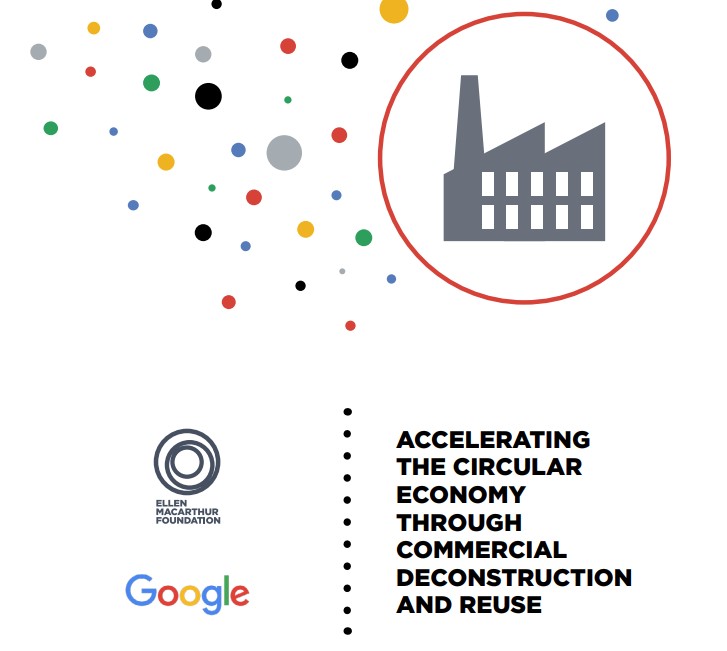In an earlier post “Conversational practices for smart sustainability professionals” we outlined four types of conversations that contribute to effective communication and collaboration.
The most overlooked type of conversation is a conversation for clarity, where we articulate and test our understanding of a situation; explore the understandings of others; and develop a shared understanding. Conversations for clarity eliminate misunderstandings, build trust and allow progress to flow.
As detailed in our previous post, four useful conversation types are:
- Conversations for stories and opinions – where we describe our assessments around how we see the world and how it should be.
- Conversations for clarity – where we move beyond our personal interpretations and opinions to explore underlying issues and concern.
- Conversations for possible action – speculative conversations where we explore an imagined future reality.
- Conversations for coordination of action – where we organise the making and managing of the commitments necessary for successful collaborative action
Without moving through all four conversational spaces, our good intentions may take us nowhere, and even cause considerable harm.
Why do we communicate with each other?
In general, we communicate because we want to get things done. To get things done well requires a shared understanding of what we want to get done, why it is important to us, and how we are going to do it. In our urgency to get things done it can be tempting to leap into action – even though most of us really know that “ready, fire, aim” is a recipe for disaster.
Key elements of clarity…
Two crucial features of conversations for clarity are:
- Listening
- Asking questions
These sound pretty simple, but it’s the quality of our listening and our questions that is important.
Listening well…
In listening well, we listen for what is said – and we listen beyond the words. We listen for the values people have and the things that matter deeply to them. We listen for what they want to conserve and their understanding of the issue under discussion.
How we listen is also important. To listen well in a conversation for clarity requires us to stop listening to ourselves. In this place, at this time, what is most important is how well we understand the other person. If we listen with impatience or resentment, we don’t hear the other person – we hear our internal commentary on their words.
For example, if we’re talking to the owner of a small business we might hear that they’re concerned about the cost of sustainability. If we listen from our own beliefs and urgency then we might end up saying to ourselves “short-sighted, selfish capitalist” – and they’ll tune in to what we’re feeling. However, if we listen without judgment, wanting hear beyond their words we might also discover that they’re concerned about how much time will be required when they currently work an 80-hour week.
Quality questions…
Open-ended questions, genuinely asked to gain information and understanding are essential to establish clarity. Some example include:
- Can you tell me what you mean by ….? (sustainability?)
- What happened..?
- What would you like to accomplish…?
- How will you know…?
- I’d like to understand why this is important to you…?
- Can you tell me what keeps you awake at night…?
“Do you know most businesses save money with energy efficiency programs?” isn’t an open question – it’s a statement with an embedded yes/no answer. “Do you care about your children’s future?” has a big emotional payload attached and may shut down the conversation.
So if you really want to engage people in the possibility of a regenerative economy, you may like to practice the art of conversations for clarity.
Having conversations for clarity on sustainability…
One place we can have conversations for clarity is with people we want to engage in sustainability projects. We can explore to gain clarity on what stops them engaging and what it would take for them to engage. We can listen for the potential to develop win/win/win regenerative solutions.
Another place where I assess that conversations for clarity are important is within the sustainability community. We can explore our own opinions and beliefs and check them for validity against what we know and experience in the world. We might find that we hold opinions that:
- Government has the power to control business strategy.
- Most business people are selfish capitalists.
- It’s all about how much stuff we buy in the Western world.
Once we’ve identified our opinions and beliefs then we can examine them and test whether they’re useful. We can ask:
- How does it serve me to hold this opinion? What future actions might it influence?
- In which area of life or work am I holding and using this opinion?
- What standards or judgments am I using to support holding this opinion?
- What specific, observable, measurable facts am I using to support holding this opinion?
- What specific, observable, measurable facts are there that contradict this opinion?
- What might be the root cause underlying the behaviours we observe?
- Where are the feedback loops and leverage points that might generate new possibilities?
(Read more about grounding our opinions and assessments on sustainability here.)
With deep clarity on the issues, concerns, opinions and beliefs that we are operating within, we are ready to explore new possibilities for action and speculate on win/win/win strategies for a regenerative future.
Who could you have a conversation for clarity with? Who is the most powerful person you know? What do you know about them and their concerns? What difference could they make if they engaged in the possibility of a regenerative future? What would it take for you to have a conversation for clarity with them?
Want more information on conversations for a regenerative future?
The structure and typology of conversations presented in these articles is drawn from Coaching to the Human Soul, Volume 1 by Alan Sieler. Alan’s pioneering work in providing a written articulation of the essence of Ontological Coaching is internationally recognised.











